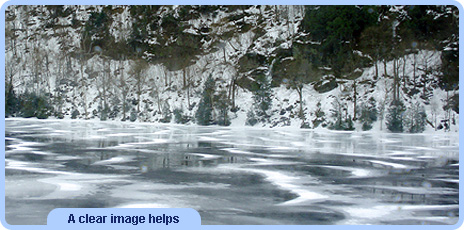Sense of Place
J.V. Jones
Jan 12th : 2008
|
Sense of Place
|
|
|
J.V. Jones
|
Jan 12th : 2008
|
|
How does one convey a sense of place in as few words as possible? If youíre writing a story where pacing is important (ie a thriller or detective novel) you donít want to slow down the narrative while you describe a setting in elaborate detail. Words are currency. Spend wisely. Whether youíre describing a well-known city such as Las Vegas or a fantasy world thatís entirely a figment of your imagination you, the writer, must have a clear mental image of your setting.  Once you have a body of knowledge in place, choose your details carefully. And sparingly. Yes, itís a shame to learn so much and not be able to demonstrate the vast amounts of knowledge youíve accumulated but thatís what professional writers do. How can we pick a telling and original detail unless we do our homework? Generic details--NY city is busy, Louisiana is steamy, desert nights are full of stars--fail to convey a unique sense of place. Facts repeated too often lose their power. As readers we skip past them. Itís a writers job to pick details that evoke a particular sense of place and time, ones that readers can use as springboards for their own imaginations. |